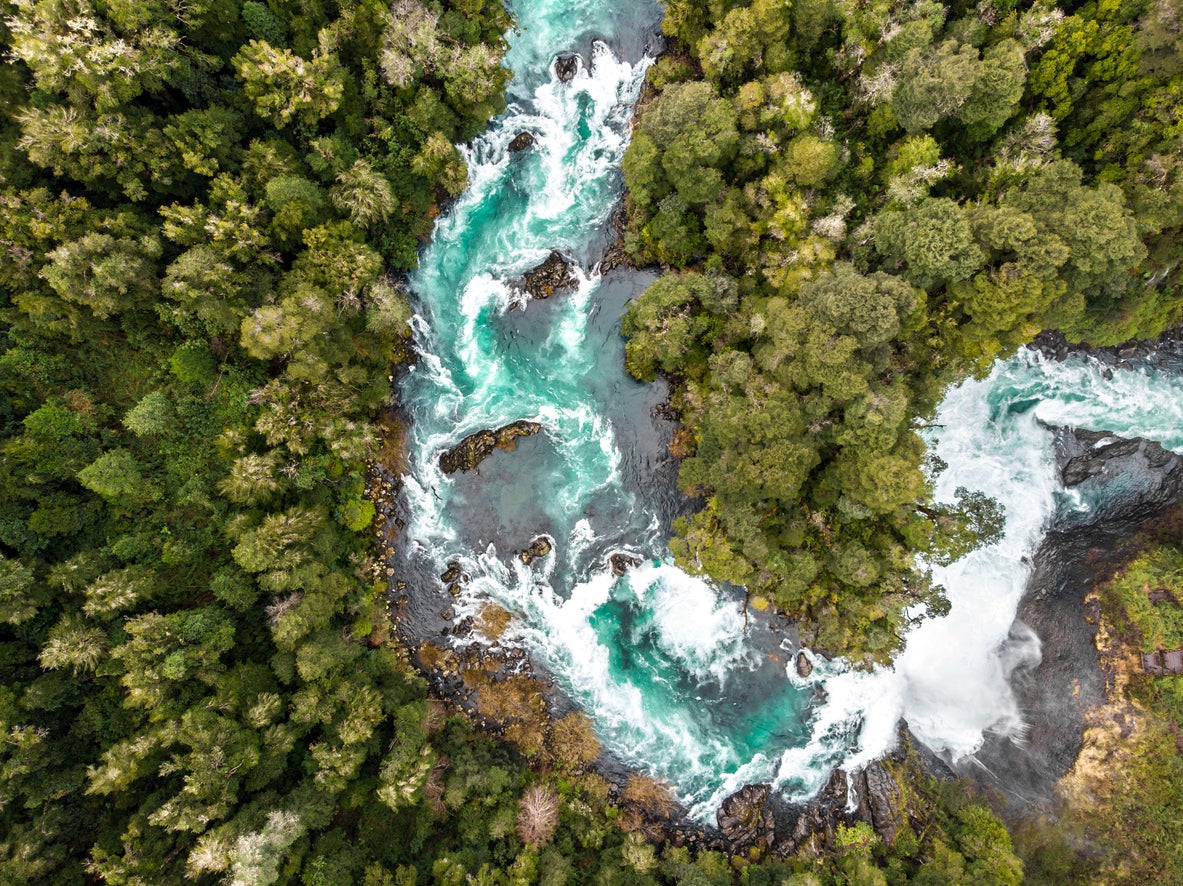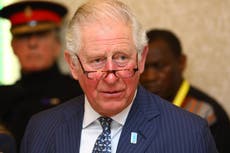We have no choice – this has to be the year we reverse the decline of nature
The UK can emerge as a global leader in conserving and improving the natural world, but only if we deliver on all the promises we have made


As we reflect on what has been an incredibly difficult year, it is clear 2020 has brought home to many people just how much we rely on a healthy environment for our wellbeing. Indeed, the pandemic that has caused such vast economic and social damage has its origins in our relationship with the natural world, as have other health crises that have gone before and which run in parallel with it.
The crisis has sharpened our collective national focus on how we rebuild after coronavirus; how we rebuild the economy, society as whole, but also crucially, the environment. It is not only the UK which has undergone this process; globally there is a clearer desire to see change. 2021 must be the year the world ramps up efforts for tackling the huge twin challenges of our age – the decline of nature and the fundamentally connected threat of climate change.
The growing desire to get things done is palpable, no more significant than in the United States where the incoming president’s intention to re-engage with the Paris Accord is a hugely important portent towards building global alliances ahead of crucial UN summits next year.
As the chairs of the three biggest official environmental bodies in the country, we are at the forefront of tackling these crises at home. All three of our organisations play central roles in delivering government policy, to lock up carbon, improve water quality, alleviate flooding and to conserve and restore our natural world.
Next year will see the Royal seal being applied to the Environment Bill. One of the most important pieces of legislation in a generation, it will provide many of the tools needed to help create a Nature Recovery Network stretching the length and breadth of the country. This includes requiring biodiversity net gain, to ensure new development protects and enhances nature, as well as securing long-term, resilient water services in the face of a changing climate and boosting protection for trees.
We will also start moving towards a new agricultural system, away from the often damaging intensive agriculture encouraged by the Common Agricultural Policy, to a system where our organisations will work in partnership with farmers and land managers as they devote more of their efforts to providing vital public goods and services – carbon sequestration, storing floodwater, encouraging wildlife, and improving water quality through actions such as tree planting – in return for public funding.
2021 will also see the publication of hugely important government blueprints for peat restoration, tree planting and nature. Setting out a vision of landscapes with woodlands ancient and new, linked together with healthy wetlands, river systems and peatlands, which can store carbon, reduce the impacts of drought and floods, provide cleaner water and habitat for thriving wildlife, and places of beauty for people to enjoy and explore. Now more than ever, society needs more healthy peatlands, more woodlands, and more domestically grown timber. We simply cannot achieve Net Zero without all this.
The UK can emerge as a global leader in conserving and improving the natural world, but only if we deliver on all these promises. Our organisations will catalyse partnerships and act as pace-setters, helping the government meet its ambitions, and ensuring taxpayer money delivers high environmental, societal, and economic benefits.
There is no better time to show leadership at home, as in 2021 we host of all-important UN Climate Conference, COP26. That meeting presents a critical opportunity to tackle the most pressing environmental crises of our time and by taking the lead here we can show the world we are serious.
We intend to make the most of this vital moment and look forward to working with our many partners across government, business and the environmental and social sectors to make it happen, not only to improve the health of our planet, but people, too.
Tony Juniper is chairman of Natural England
Emma Howard Boyd is chair of the Environment Agency
Sir William Worsley is shair of the Forestry Commission and chairman of the National Forest Company





Join our commenting forum
Join thought-provoking conversations, follow other Independent readers and see their replies